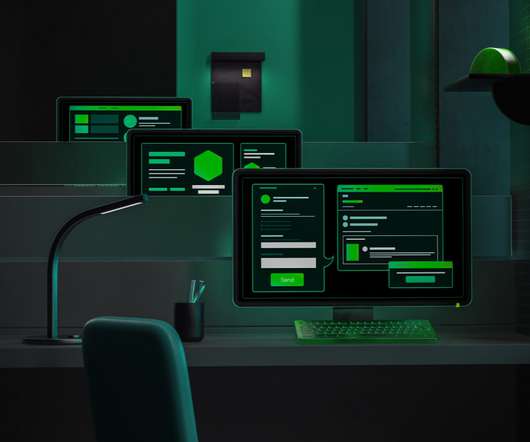MY TAKE: How consumer-grade VPNs are enabling individuals to do DIY security
The Last Watchdog
APRIL 26, 2021
I’ve written this countless times: keep your antivirus updated, click judiciously, practice good password hygiene. I’ve since discovered that there’s a heck of a lot going on in the B2C VPN space. The leading B2C VPNs all recognize this and have begun promoting the use of personal VPNs as, essentially, a DIY security tool.












Let's personalize your content